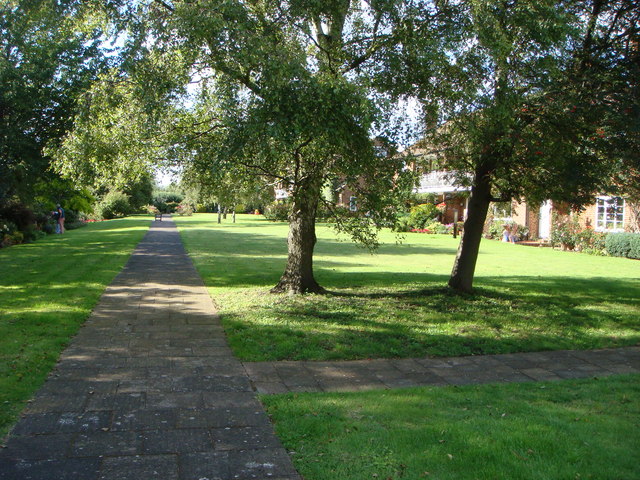
Spring is nearly upon us. The birds are looking for nest sites, and when the weather is around 10 degrees or sunny the bees will be out foraging. The reason we have such a healthy population of blue tits in the UK is because of all the nest boxes put up for them. It gives the chicks a safe start. Crows and Magpies routinely take a free lunch and dinner in the form of songbird nestlings, but the boxes make this more difficult for them. Unfortunately there are no predators for Crows and Magpies now, which is why Magpie levels have increased to plague proportions to the detriment of our song birds.
Here is Chiswick where there are so many gardens, the birds should be able to find food easily. Grass provides a good feeding space for certain birds, but it must be a shock for them to suddenly find the lawn they visit is now plastic. We would be shocked to roll up at our local supermarket and find it locked and closed down. We would try another, and if that was locked as well we might start to panic. Birds are territorial often, so if the lawn in their territory has gone, it means slim pickings, or having to fight for another territory and probably not nesting.
If you have space for an apple tree in your garden, and if you don’t spray it, but use grease bands to control the moth larvae, you may be lucky enough to be visited by a flock of Long tailed Tits, or others of the Titmouse family, coming on raiding parties to pick up aphids. Indeed the general hatred of our Lime Trees, because they are unjustly blamed for dripping on our cars, would be in large measure solved if we had a healthy population of song birds to eat the aphids. Far better to have fewer Magpies, which equals more song birds, who by eating the aphids reduce the dripping of honeydew on cars, than to cut down the Limes and give free reign to Magpies, as we slowly sink into a plastic and concrete jungle. That would be a very different Chiswick.
What life is there in your outdoor space? Can you enhance it with one apple tree, which gives low dappled shade in the summer and full light in the winter? Or what about a Mahonia for the bees; beautiful with its yellow blooms in the dark months? (Forsythia on the other hand is sterile.)
Annette Duckworth
